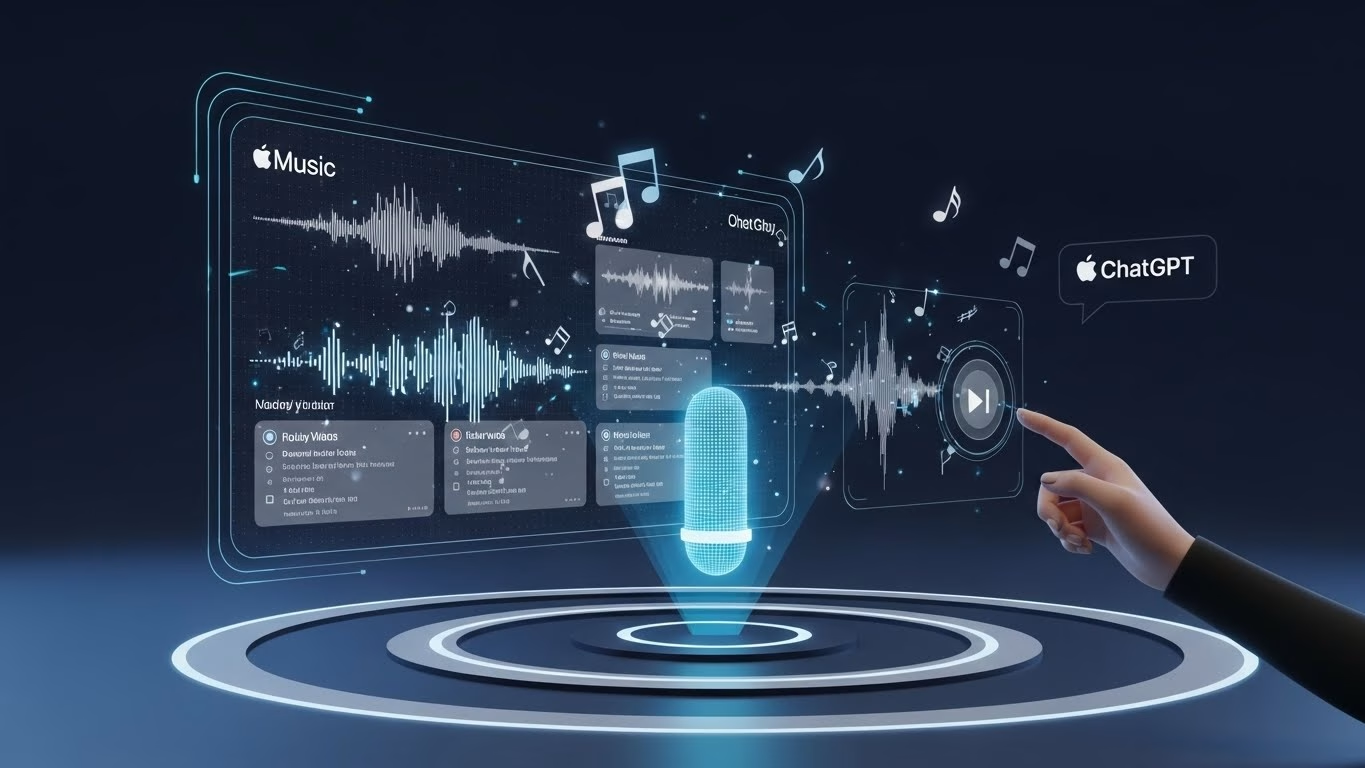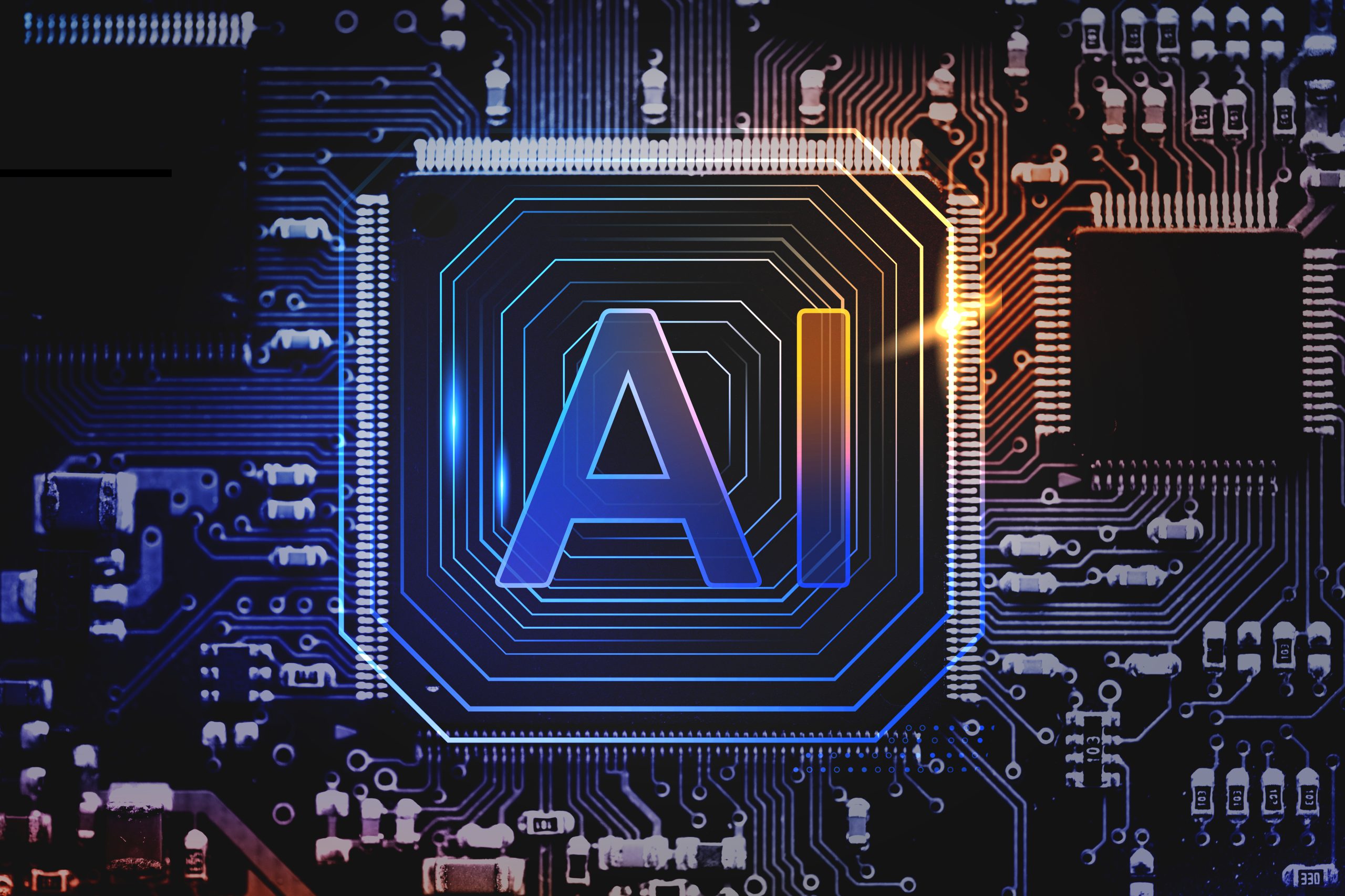Best Innovations in Cutting-Edge Technology for 2025

The world of technology is changing faster than ever. Every year, new innovations shape the way we live, work, and communicate. Modern technology is crucial because it leads us to a brighter future, transforms industries, and improves our daily lives. This article from Guest Blogging Space explores the Cutting-Edge Technology and the best innovations expected in various technological fields by 2025.
Artificial Intelligence (AI) Revolutionizing Industries
AI-powered Healthcare Diagnostics
Artificial Intelligence is leading a healthcare revolution. AI algorithms are now better at spotting diseases early, allowing for timely treatment. A study found that AI can increase diagnostic accuracy by up to 30%, significantly reducing healthcare costs. With AI, personalized medicine becomes a reality, tailoring treatments to individual patients’ needs. Read more Ai Top Reasons Why Grok 3 AI Models Stand
AI in Manufacturing and Automation
In manufacturing, AI optimizes production processes, making them smarter and faster. Companies like Siemens and General Electric use AI for predictive maintenance, cutting down on downtime. Reports show that AI can increase efficiency by 20% and reduce production costs by 15%. As this technology evolves, the manufacturing landscape is shifting.
Ethical Considerations and Bias in AI
With great power comes great responsibility. There’s growing concern over algorithmic bias and data privacy in AI applications. To promote responsible AI, companies should ensure diverse data sets for training and maintain transparency. Balancing innovation with ethics is vital to prevent job displacement and protect individual rights.
Sustainable Energy Solutions: Powering a Greener Future
Advancements in Renewable Energy Technologies
Breakthroughs in solar panels, wind turbines, and geothermal systems are on the rise. Reports show that renewable energy sources could help cut carbon emissions by 70% by 2030. As technology advances, sustainable energy becomes a key player in fighting climate change.
Energy Storage and Smart Grids
Innovations in battery technology and energy storage systems are making renewable energy more reliable. Smart grids are essential in managing electricity more efficiently. For example, projects in cities like San Diego have improved grid reliability by 30%, cutting energy waste dramatically. These developments are paving the way for a more sustainable future.
The Role of AI in Optimizing Energy Consumption
AI is also revolutionizing energy management. By optimizing how energy is distributed and consumed, homes and businesses can use less power. Companies like Google implement AI-powered systems that reduce energy consumption by up to 20%. This not only saves money but also supports the green movement.
The Metaverse and Extended Reality (XR) Experiences
Metaverse Applications Beyond Gaming
The metaverse isn’t just for gaming anymore. It’s transforming education, healthcare, and remote work. Companies like Meta and Microsoft are developing applications that allow for immersive learning experiences and virtual teamwork. The potential here is enormous, opening doors to new ways of collaboration.
Advancements in VR/AR/MR Technologies
Virtual reality (VR), augmented reality (AR), and mixed reality (MR) technologies are evolving rapidly. The XR market is expected to grow by over 40% by 2025. These technologies enhance user experiences, from gaming to real-world applications like training simulations.
Challenges and Opportunities in Metaverse Development
Despite its promise, the metaverse faces challenges, including technical hurdles and ethical concerns. Issues around data privacy and social interaction need careful consideration. However, its widespread adoption could change how we interact, learn, and work, creating exciting new opportunities.
Quantum Computing: Unleashing Unprecedented Processing Power
Progress in Quantum Computing Hardware
Quantum computing is making strides with new hardware developments. This technology has the potential to solve complex problems faster than classical computers can. Researchers are exploring various quantum technologies, such as superconducting qubits and trapped ions, showing real promise.
Applications of Quantum Computing in Various Fields
Quantum computing isn’t just theory; it has practical applications. From drug discovery to materials science, its potential is vast. For example, companies like IBM are researching how quantum computing can revolutionize financial modeling and predictive analytics.
Challenges and Future Outlook for Quantum Computing
Despite its potential, quantum computing faces technical and economic hurdles. Building stable, scalable quantum systems remains a challenge, but experts predict significant advancements within the next decade. As research continues, we can expect groundbreaking changes in problem-solving capabilities.
Biotechnology and Genetic Engineering: Revolutionizing Healthcare
CRISPR-Cas9 Gene Editing Technology
Gene editing with CRISPR-Cas9 is a game-changer for healthcare. This technology has the potential to correct genetic disorders, with successful clinical trials already underway. The market for gene editing is projected to reach $11 billion by 2026, indicating growing interest.
Personalized Medicine and Genomics
Personalized medicine, driven by genomic data, is changing how we treat diseases. Tailored therapies improve patient outcomes, with examples like targeted cancer treatments showing success. As genomics advances, healthcare becomes more precise and effective.
Ethical Considerations in Genetic Engineering
The rise of gene editing brings ethical concerns. Topics like germline editing and designer babies raise serious questions. Experts advocate for clear guidelines and open conversations about the societal implications of these powerful technologies.
If you want to read more about technology, visit Guest Blogging Space. You can find almost every type of article on this website.
Summary
The innovations showcased here are just the beginning. From AI’s transformative role in healthcare to breakthroughs in renewable energy and biotechnology, each advancement shapes our future. As these technologies develop, they hold the potential to tackle some of the world’s most pressing challenges. The future is bright with technology paving the way for a better world.
Frequently Asked Questions (FAQs)
1. What is cutting-edge technology, and why is it important?
Cutting-edge technology refers to the latest and most advanced innovations that push the boundaries of what’s possible. It is important because it drives progress, enhances efficiency, and improves the quality of life across various industries.
2. How will cutting-edge technology impact our daily lives by 2025?
By 2025, cutting-edge technology will revolutionize healthcare, energy, communication, and more. AI-powered diagnostics, renewable energy solutions, and extended reality experiences will become more common, making life more efficient and sustainable.
3. What are the biggest challenges in adopting cutting-edge technology?
Some key challenges include ethical concerns, data privacy, high development costs, and integration with existing systems. Companies and governments must balance innovation with responsible implementation to maximize benefits.
4. Which industries will benefit the most from cutting-edge technology?
Healthcare, manufacturing, energy, finance, and education are among the top industries that will experience significant advancements. AI, quantum computing, and biotechnology will play crucial roles in shaping the future of these sectors.










2 Comments
This blog post is packed with great content!
Your writing style is so engaging and makes even the most mundane topics interesting to read Keep up the fantastic work